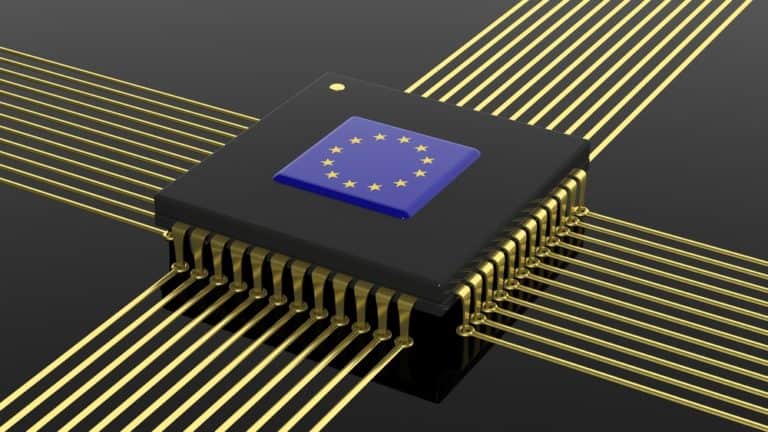The new EU legislation will promote microchip development and may receive $52 billion worth of funds comparable to that proposed within the pending US legislation. This will help them be at par with the US and Asia when it comes to manufacturing microchips.
A senior official of the EU has stated that the coming EU legislation for promoting microchip development would allow them to receive approximately the same as the $52 billion proposed within the pending US legislation.
European commissioner for the internal market, Thierry Breton, has stated that he is expecting to present the European Chips Act at the start of February, which will fortify the bloc’s global position within the semiconductor industry. It will be done through monetary and resource support, which will help them in investment and research.
The importance of the European Chips Act
EU institutes and companies are leaders in the specialized machines needed for semiconductor production and microchip research. However, they are still not at the level of the US and Asia when it comes to the marketing and manufacturing finished chips of most categories.
The Chips Act is aimed to improve the EU’S self-sufficiency and close the gap so they may become industry leaders.
It will also boost the EU’s goal to decrease their dependency on others when expanding into essential fields such as renewable energy, batteries, and pharmaceuticals. This, in turn, will also enhance their economic resilience.
Further Details
Breton has not specified in the Chips Act what the funding amount is, and it will be officially unveiled on the 8th of February. Regarding the $52 billion the current US legislation has allotted for the expansion of the US’s local microchip production, Breton said, “Of course, we are very well aware of what others are doing. Our level of investment will be commensurate with what the US wants to put. But, of course, we don’t have a federal budget like the US.”
He essentially indicated that several EU regional and national funds would be collected, and a single allotment of funds won’t be received.
